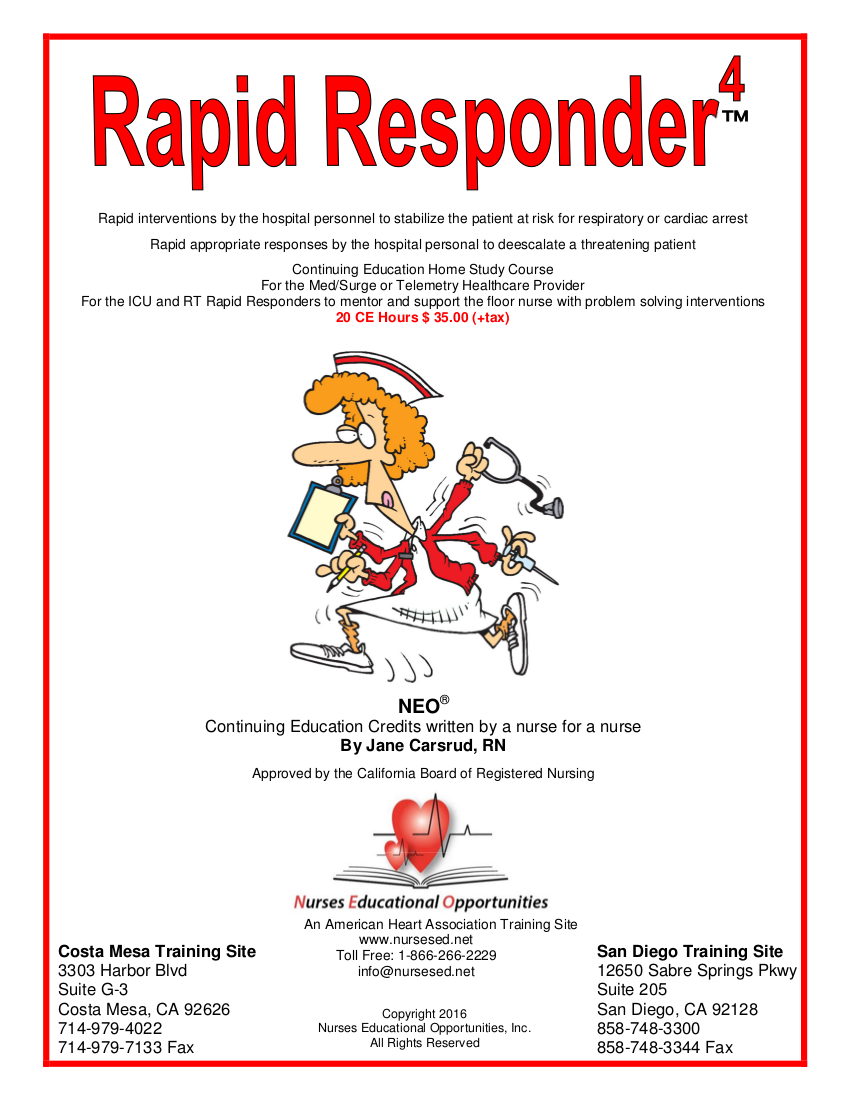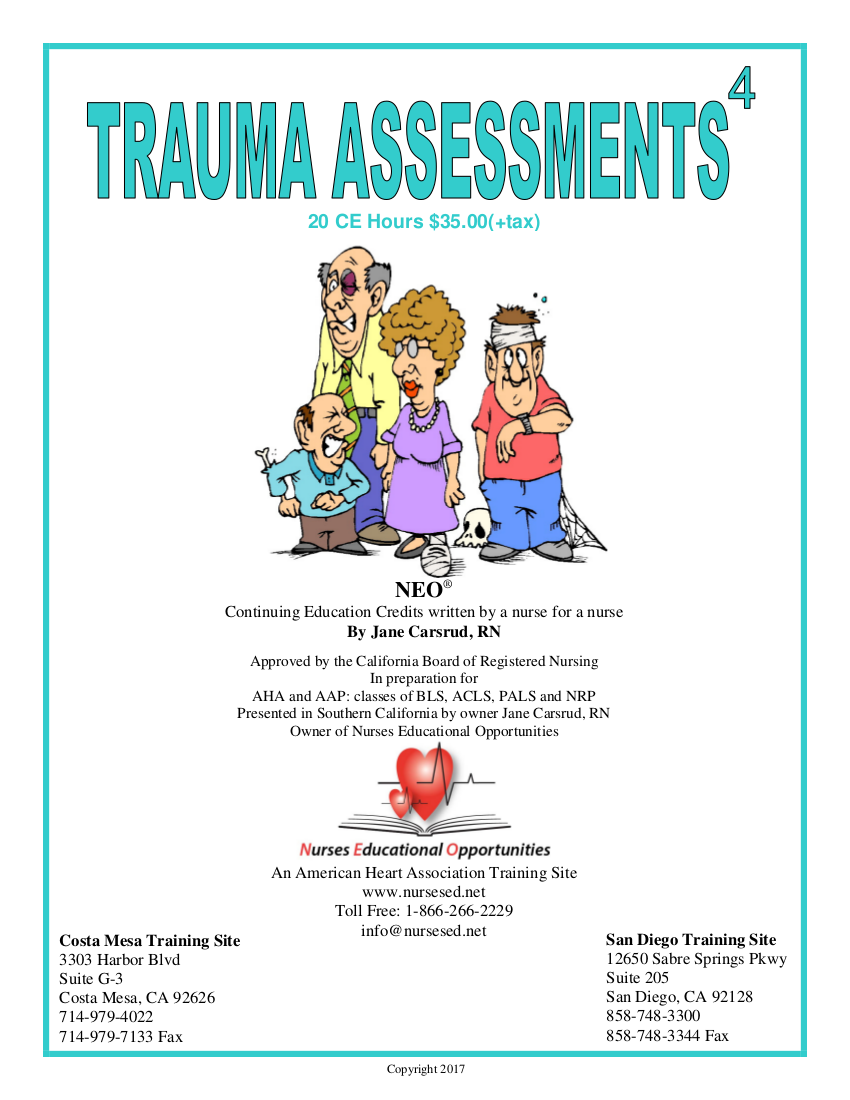
Multi-disciplinary Care
Teamwork is important in nursing because it provides faster, safer and more efficient patient care. Teamwork in nursing care has a variety of benefits such as improved outcomes, effective communication, enhanced colleague knowledge and increased job satisfaction. Nurses do not only treat patients, they also offer information to patients and families and provide emotional support to those who may require it.
In today’s health care market, the practice of teamwork has gained in popularity. This is especially true for professional nurses. When nurses function as part of a unit, and when they act as part of a team, the job itself is easier and more efficient. Moreover, overall patient care is enhanced.
In nursing, when teamwork is emphasized and valued, every member works together to meet their patients’ needs; and improved patient outcomes is their common goal. There are many relevant clinical examples of how teamwork improves patient care.
Every discipline is integral:
- The relationship between the nurse and the physician is paramount. The physician orders necessary intervention and the nurse is responsible for carrying it out.
- Physical therapists, speech therapists and respiratory therapists all perform patient care. And, it is crucial that all team members work together and communicate effectively. Any changes in the patients’ status, whether deterioration or improvement, should be shared between team members.
- For nurses and other care providers, it is crucial to note the value that the Joint Commission on the Accreditation of Healthcare Organizations places on teamwork. They are strong proponents of teamwork. Their focus is on coordination of care and the support of health care professionals for one another: “Teams whose members have experience working together know each other’s strengths and weaknesses, and can better support each other and compensate for each other—even under extreme stress and fatigue conditions.” Furthermore, the Joint Commission on the Accreditation of Healthcare Organizations, suggests that, “… teamwork is essential for optimizing quality and safety in the care of hospitalized patients.”
- When changing shift, for instance, it is imperative that all relevant patient care information be shared with the oncoming nurse. Similarly, it is important for the licensed nurse and the unlicensed care staff to have an open line of communication.
- Teamwork is also emphasized in the concept of shared governance. The concept of shared governance in nursing has been used over the past 20 years as a mechanism for healthcare organizations to empower nurses to participate in decision-making within an organization, particularly with regard to making decisions that affect nursing practices.
- Teamwork is a key component of many professions; when employees feel as if they are part of a unit, relevant outcomes are improved. Nurses report enhanced job satisfaction and patient care outcomes are met. No longer can nurses function in isolation. Their profession mandates teamwork is essential for optimizing quality and safety in the care of hospitalized patients.”



